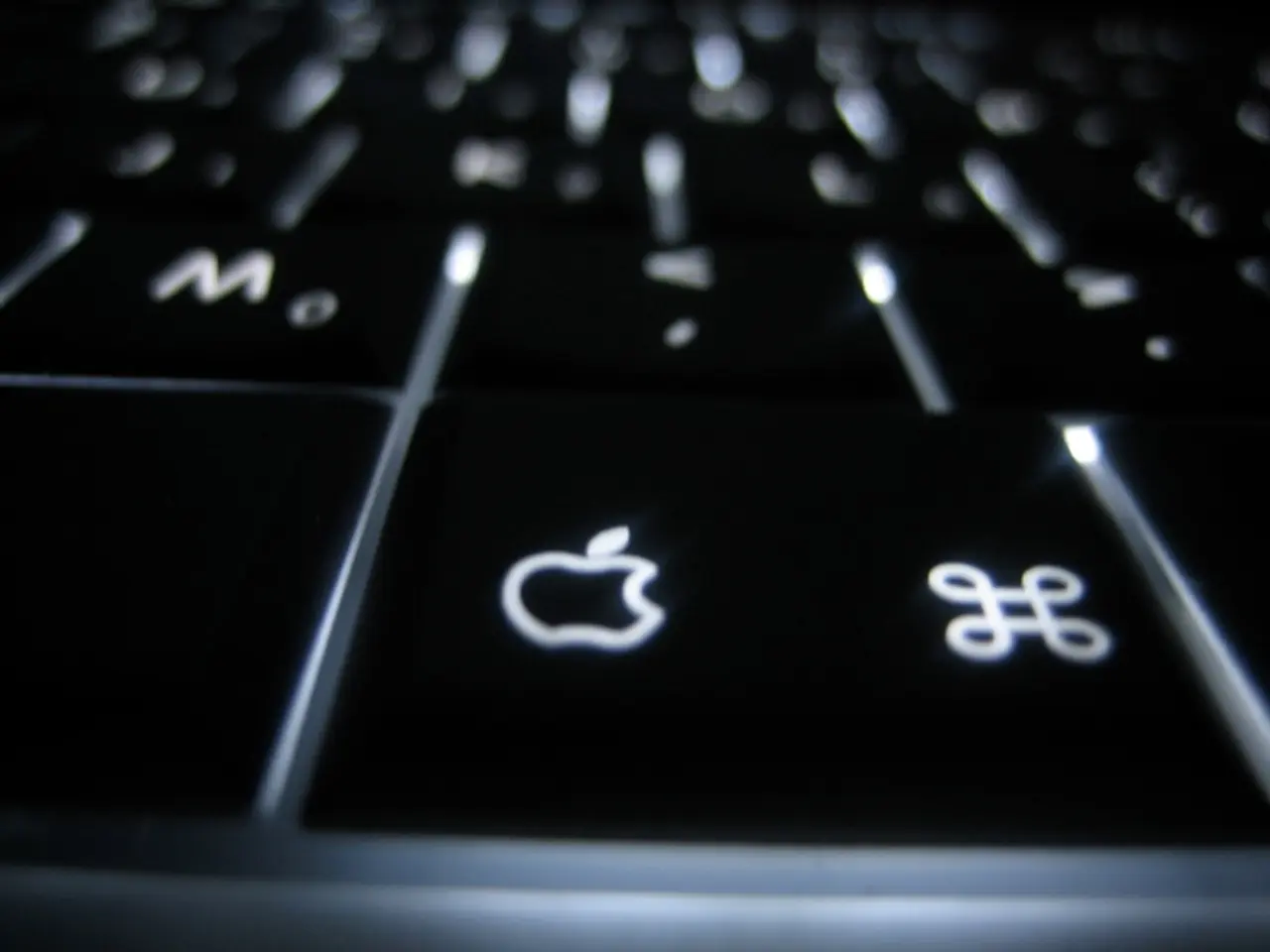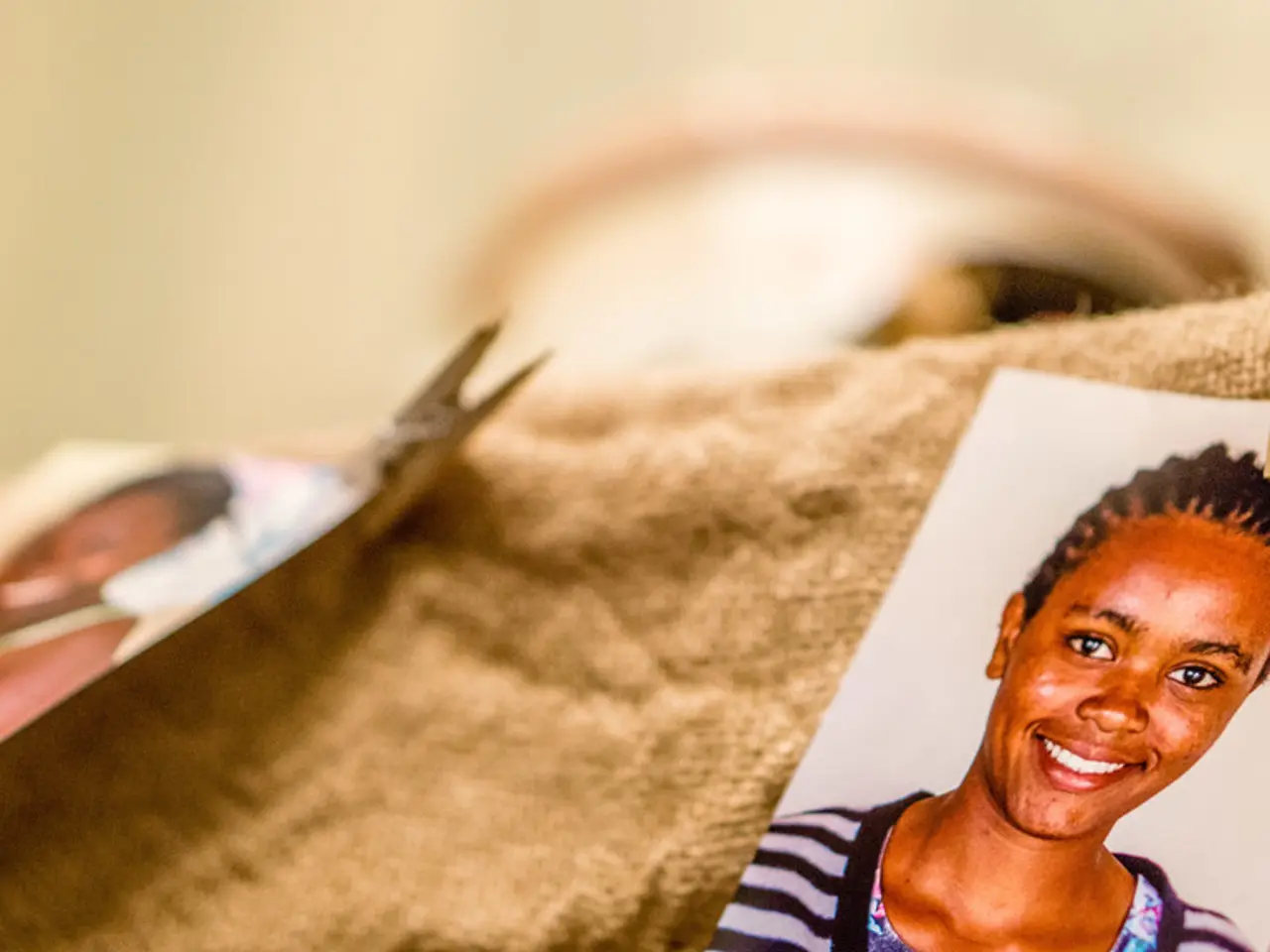Airtel Africa Intends to Launch an IPO for Its Mobile Money Division in 2026, Aiming to Thrive in the Digital Payments Sector
In a strategic move to unlock the growth potential of its mobile financial services arm, Airtel Africa has announced plans to list its subsidiary, Airtel Money, by June 2026. The initial public offering (IPO) aims to grant independence and visibility to Airtel Money, enabling it to attract new investments and accelerate growth [1][3].
Airtel Africa, a telecommunications company operating in 14 African countries, has seen impressive growth in its mobile money division. In the 2024/25 fiscal year, Airtel Money processed over $136 billion in transaction value, reflecting a 32% increase in constant currency terms [1]. The division's revenue was approximately $994 million during the same period [1].
Nigeria, a critical market for Airtel Africa, offers substantial opportunities for growth. Airtel Africa is listed on the Nigerian Exchange (NGX) [1]. Airtel Money aims to compete with regional rivals like Kenya's Safaricom and South Africa's MTN in key markets, particularly in Nigeria [2].
The IPO objectives include enhancing Airtel Money's visibility and attracting new investments, potentially leading to accelerated growth and increased shareholder value [3]. While specific fundraising goals for the IPO have not been detailed, the decision to list Airtel Money reflects a broader trend in Africa's fintech sector, where companies are seeking to capitalize on growing investor interest in digital financial services [5].
Airtel Money provides millions of unbanked individuals with access to transactions, credit, and remittances. However, it still has ground to cover in comparison to industry leaders like M-Pesa and MoMo. M-Pesa, the preferred mobile transaction platform for many households and businesses in its regions, boasts around 66.2 million active users, while MoMo has 65 million active users [2].
Safaricom's M-Pesa remains dominant in Kenya and neighboring Tanzania, processing over $300 billion annually [2]. Airtel Africa's overall priority remains to invest in the strong growth of the business, positioning Airtel Money to compete effectively in the digital payments market against industry leaders like Safaricom's M-Pesa and MTN's MoMo.
[1] Airtel Africa: https://www.airtel.co.ke/ [2] Business Insider: https://www.businessinsider.com/ [3] Reuters: https://www.reuters.com/ [5] Quartz Africa: https://qz.com/
- The listing of Airtel Money on the stock market, as planned by Airtel Africa, is a move aimed at promoting personal-finance opportunities through mobile money, attracting technology-driven investors, and boosting the lifestyle and business aspects of digital finance in general-news.
- The strategic IPO of Airtel Money, expected by June 2026, could pave the way for additional investing in the fintech sector, potentially revolutionizing the finance industry in Africa and providing an impetus for growth and innovation within the sector.
- With the aim of competing effectively in the digital payments market, Airtel Africa prioritizes investing in the growth of its mobile money division, Airtel Money, with the hope of challenging industry leaders such as M-Pesa, Safaricom's mobile money service, and MTN's MoMo in various markets, particularly in Nigeria.
- Airtel Money's focus on expanding its user base and service offerings across Africa not only aims to increase its own market share but also to empower millions of unbanked individuals with access to essential financial services like transactions, credit, and remittances, bringing them into the mainstream of the digital economy.




